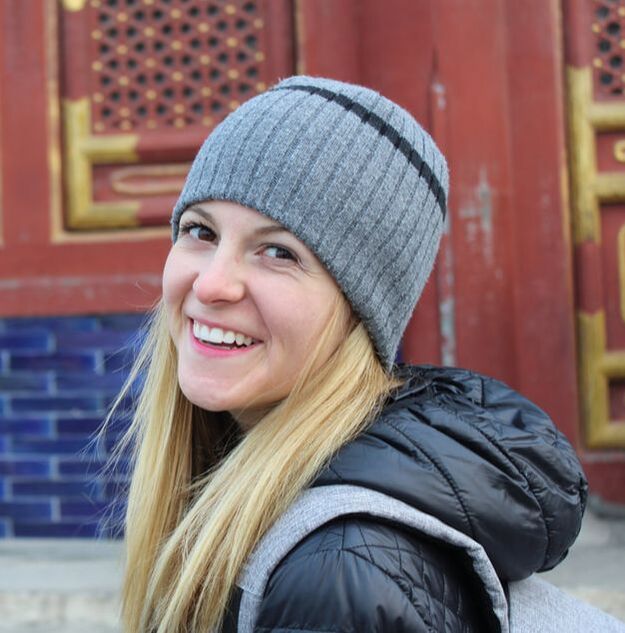ASSAY: A JOURNAL OF NONFICTION STUDIES
7.2
7.2
IntroductionBy its very nature, travel writing has always maintained a tight focus on place: on what it means to explore, appreciate, and better understand the planet. Climate change, however, is creating problems that complicate travel writers’ attempts to tell stories about the world in which they reside. For example, in Lands of Lost Borders, a 2018 memoir about biking across the Silk Road, Kate Harris writes powerfully about wildlife conservation and public land management. Although climate change is closely related to both topics, though, it’s not a point of emphasis in the memoir, appearing just a handful of times in nearly 300 pages. For climate-conscious readers, then, works like Lands of Lost Borders should raise important questions. Are travel writers and editors connecting climate change to everyday life around the world, and are they sharing stories about collapse and resilience from frontline communities—and should they? Are they reflecting deeply enough on travel’s carbon footprint? Are they responding to climate change with the levels of sophistication and creativity that the crisis demands—and do they have a responsibility to do so?
Of course, travel writing is not the only form struggling to respond to the challenges posed by the Anthropocene. Writers, readers, and critics across the spectrum are noticing the ways that climate change subverts generic conventions; as environmental humanities scholar Stephanie LeMenager remarks, “people outside of academia, people who might not be expected to care about genre, are looking hard for Anthropocene genres—for patterns of expectation and narrative form with which to combat this unsettling era of climate shift and social injury” (220). In response to the climate crisis, new genres like cli-fi are claiming use of narrative patterns from genres like sociopolitical satire, as noted by American literature scholar Courtney Traub (91), and hard-boiled crime fiction, as discussed by American literature scholar Jamin Rowan (forthcoming). But for existing forms, the recognition that anthropogenic climate change has permanently altered our world is forcing writers and readers to undergo generic growing pains. The number of travel essays about climate change, for instance, is still low, and the narrative patterns that travel writers deploy to discuss this crisis are limited. Fortunately, many contemporary travel writers seem interested in using their work to examine climate change, as Wild author Cheryl Strayed indicates after describing the “mission” of the genre in The Best American Travel Writing 2018: “This mission seems ever more important in 2018, as we come to grips with the grave ecological consequences of human-caused climate change and the devastating results of religious and ideological extremism, cultural imperialism, and xenophobia” (xviii). Travel writing has largely stepped beyond its colonialist origins, and similarly, it can now become a defender of Planet Earth and the people who live on it, just as forms like place writing and nature writing are already doing. In fact, as Barry Lopez demonstrates in his 2019 travelogue-memoir Horizon, travel writers are uniquely well positioned to document climate collapse, offer firsthand accounts of systems and communities in crisis, and remind their readers—self-identifying world citizens—of how much is at stake. But to do so successfully, travel writers and editors must continue, or begin, to interrogate their own motives and wrestle with hard questions about climate change. Since their work is designed to promote greater love for and curiosity about the planet on which they reside, a deeper engagement with climate change is a fitting focus during an era when the threat of climate collapse hangs over the Earth. Hopefully, scholarship like this will prove a useful framework for climate-based travel writing throughout the 2020s and beyond.
|
|
Whitney Brown is a travel writer pursuing an MFA in creative nonfiction from Brigham Young University. Most of her essays explore the ways that climate change is affecting people and places around the world. Whitney has previously worked as a staff writer at Passion Passport and a content marketer at both Alpenwild and Acanela Expeditions; her writing has also appeared in The Washington Post.
|

